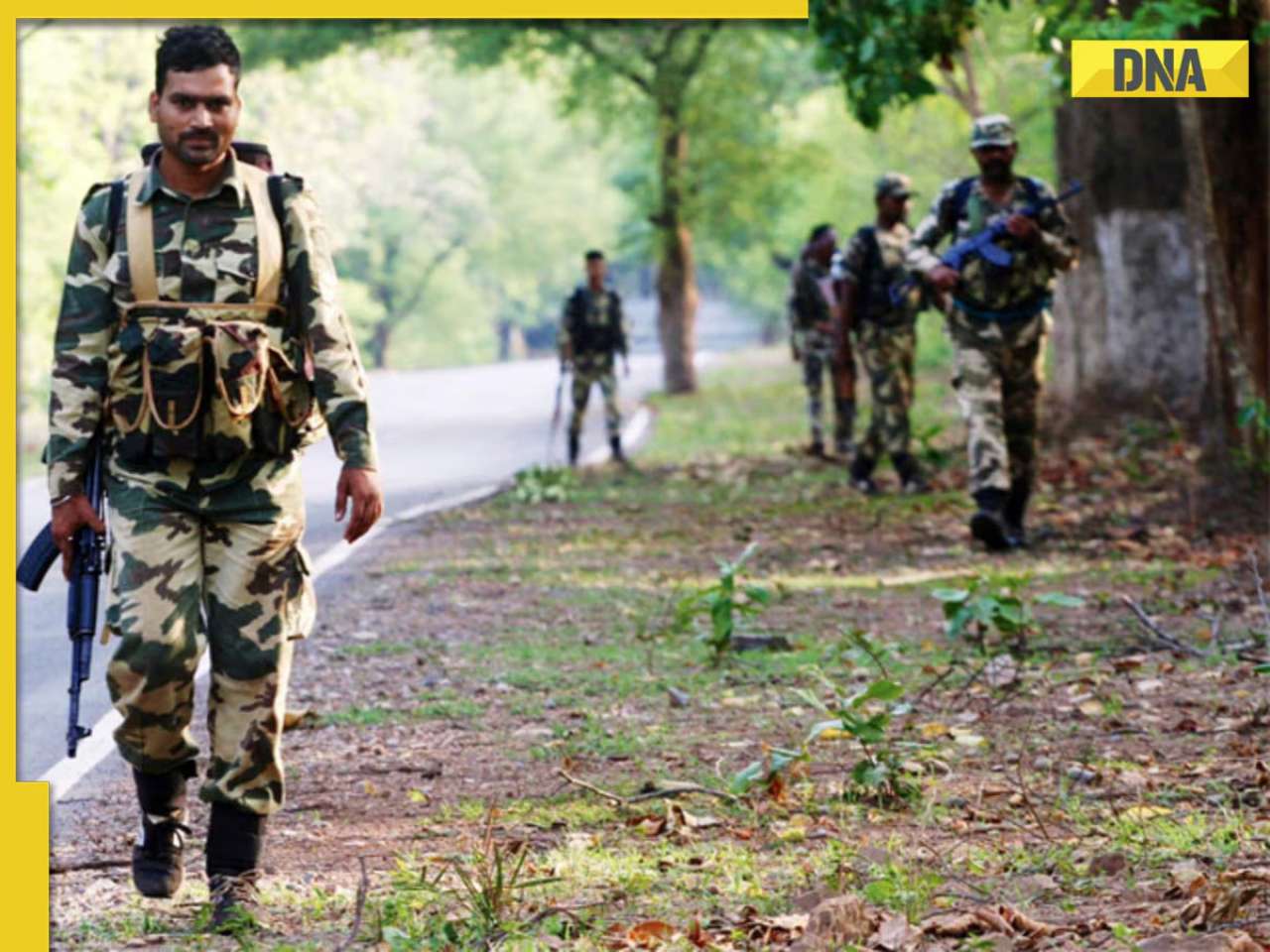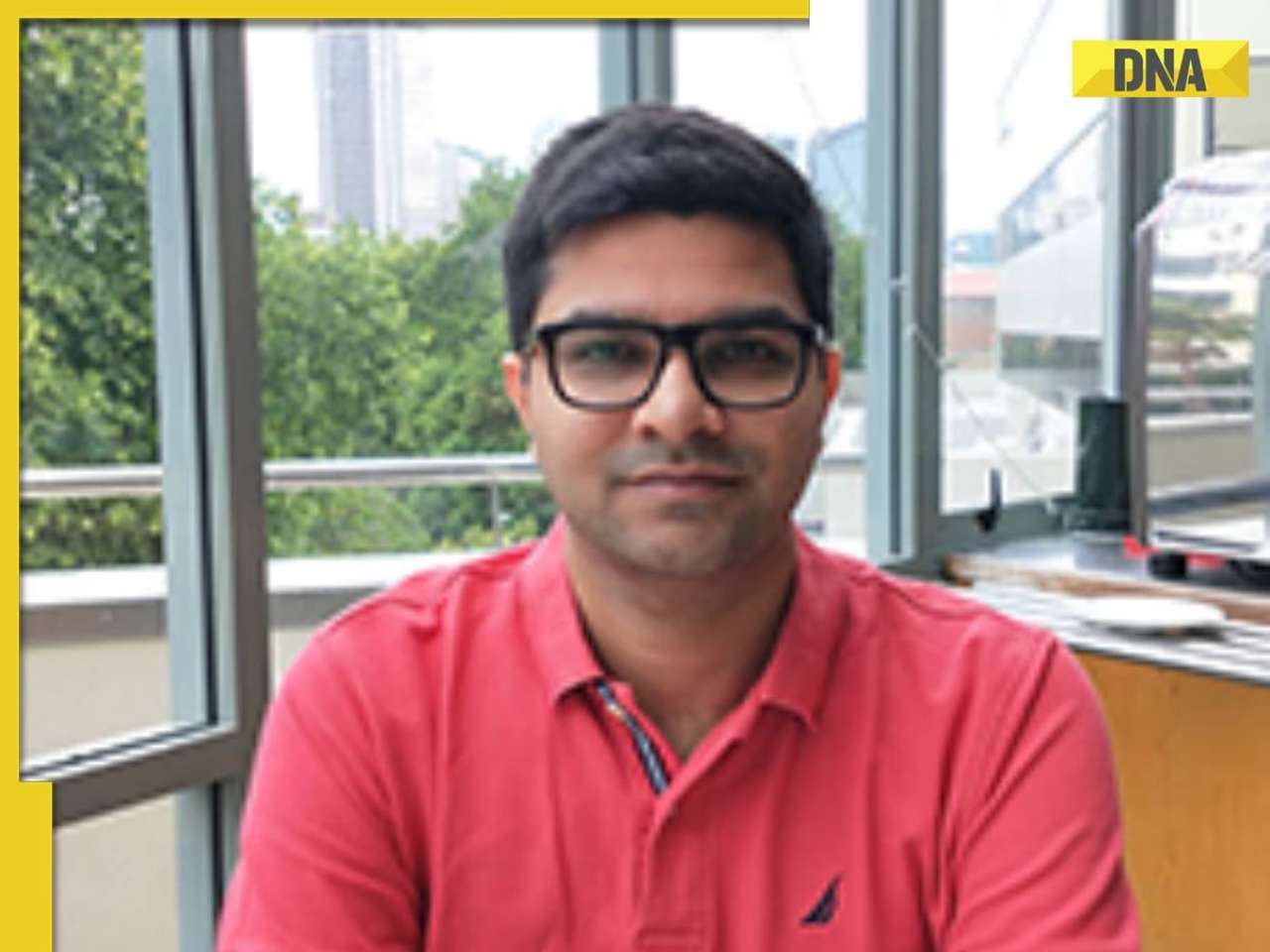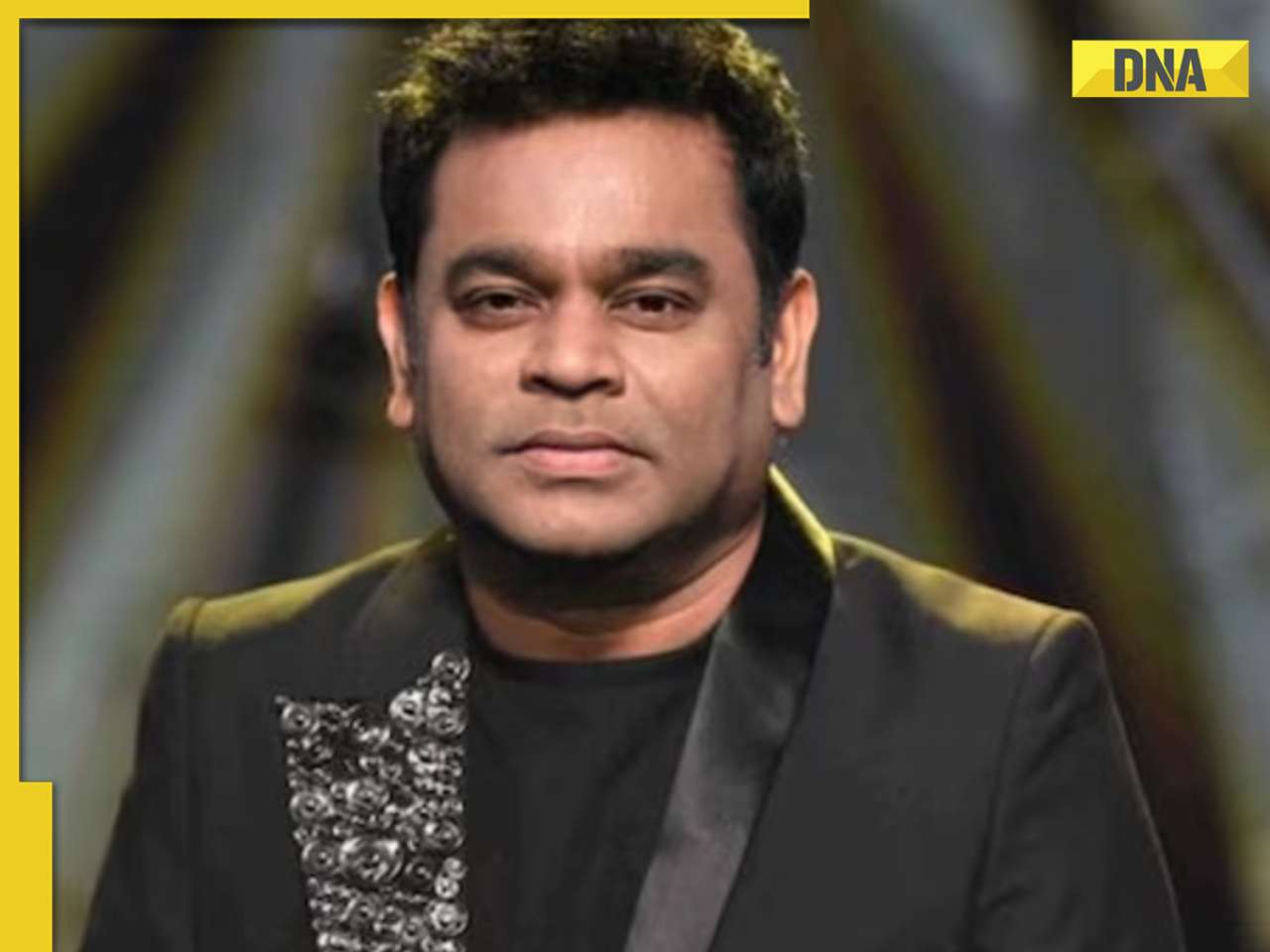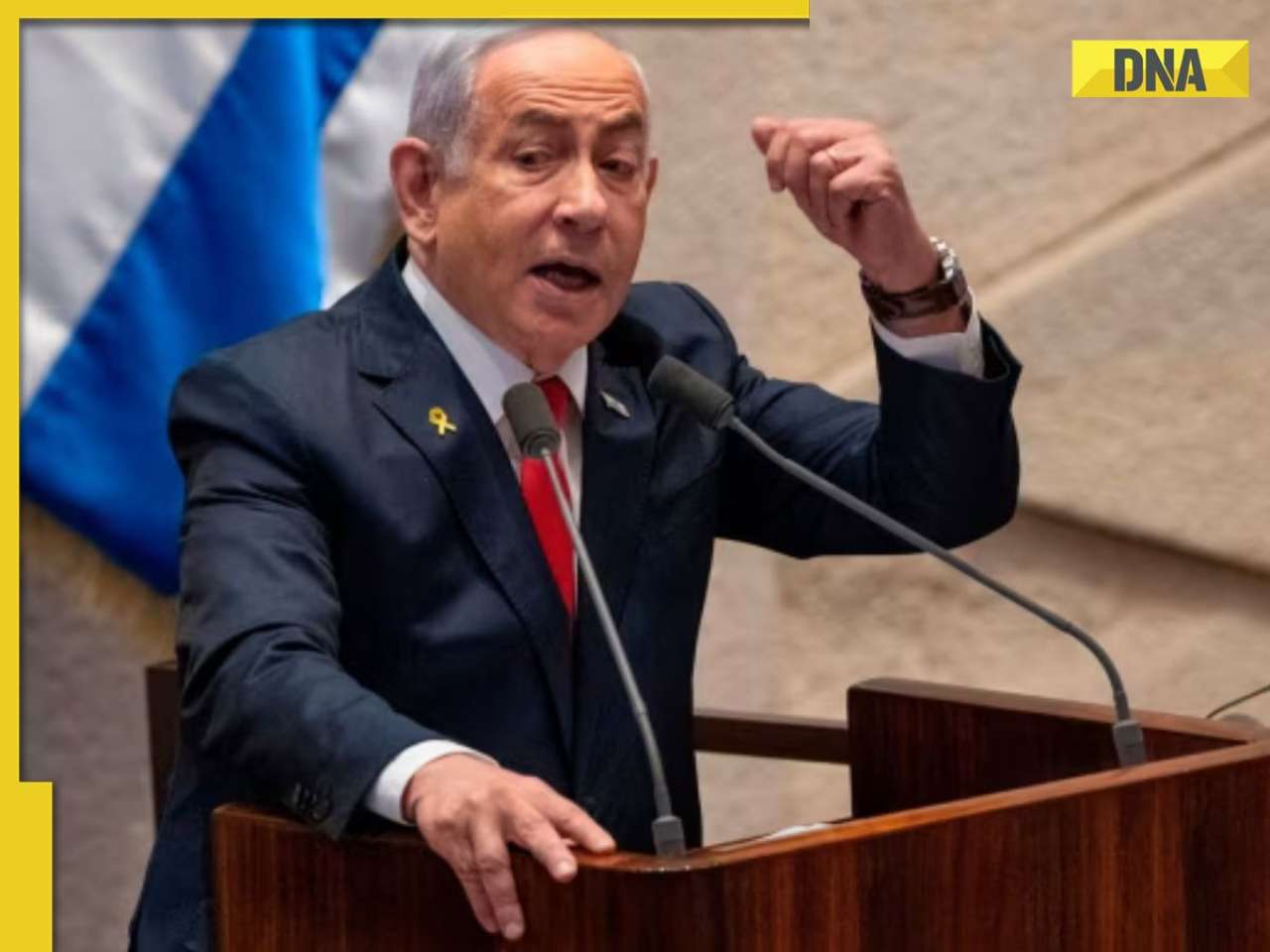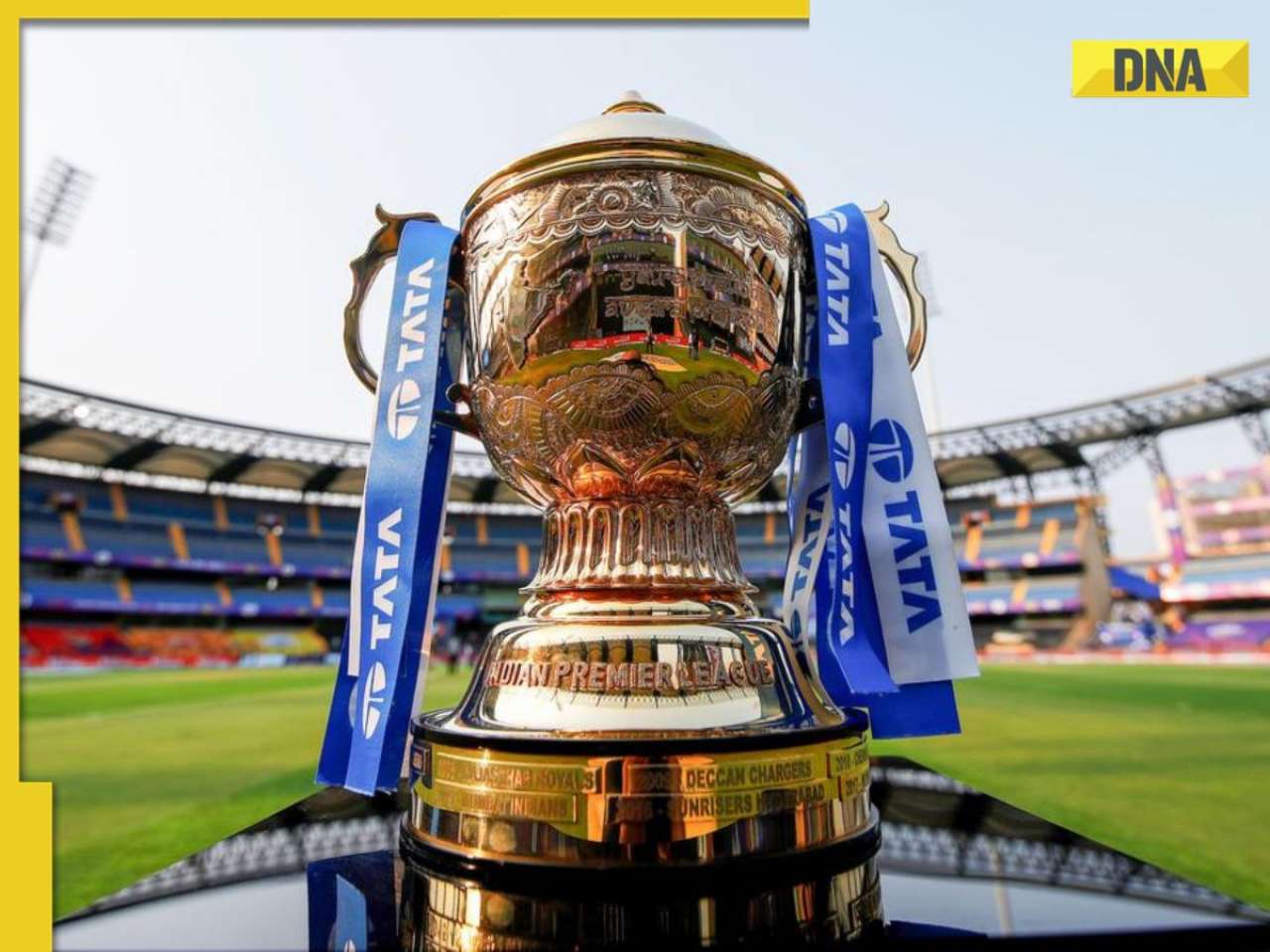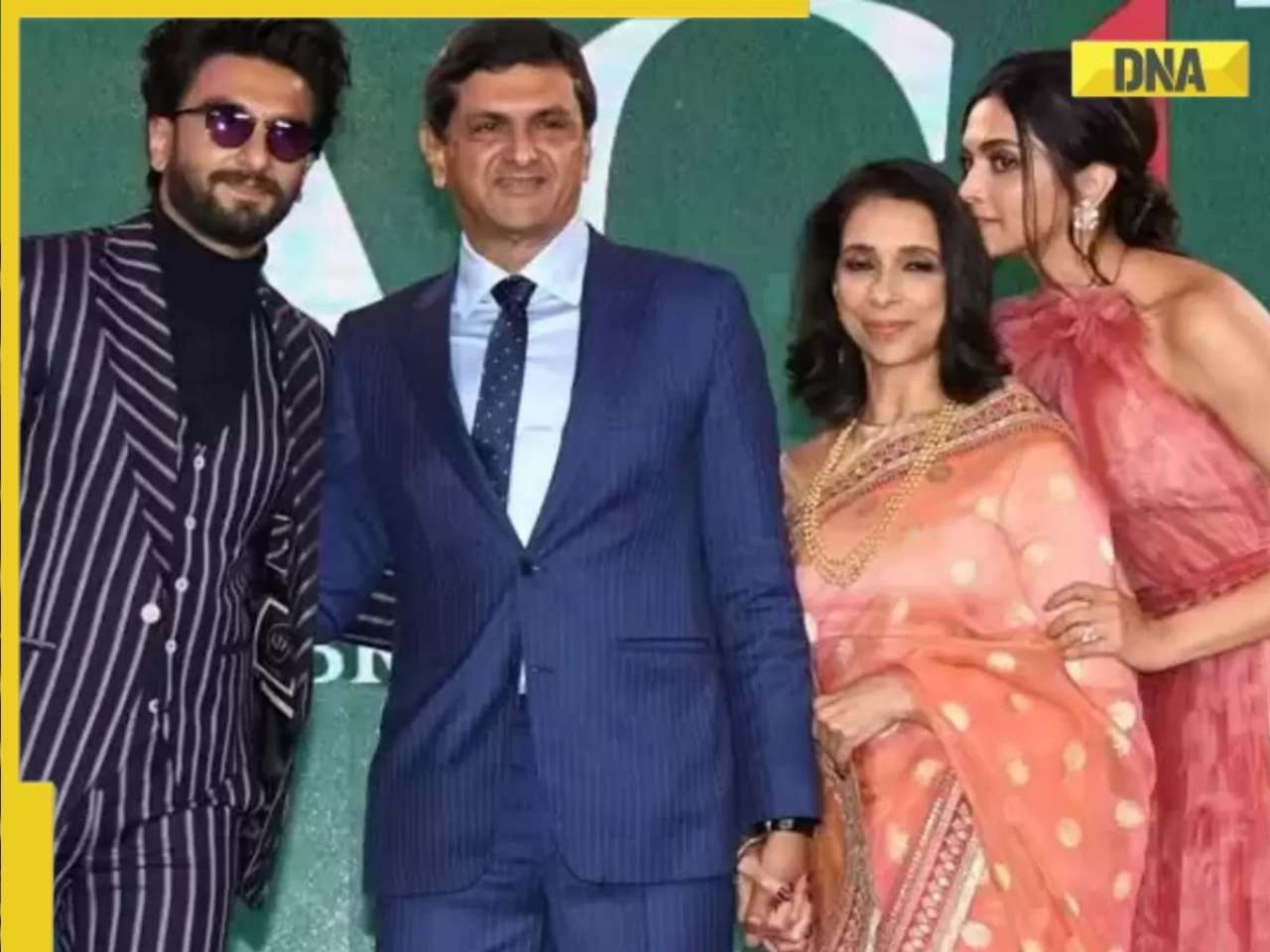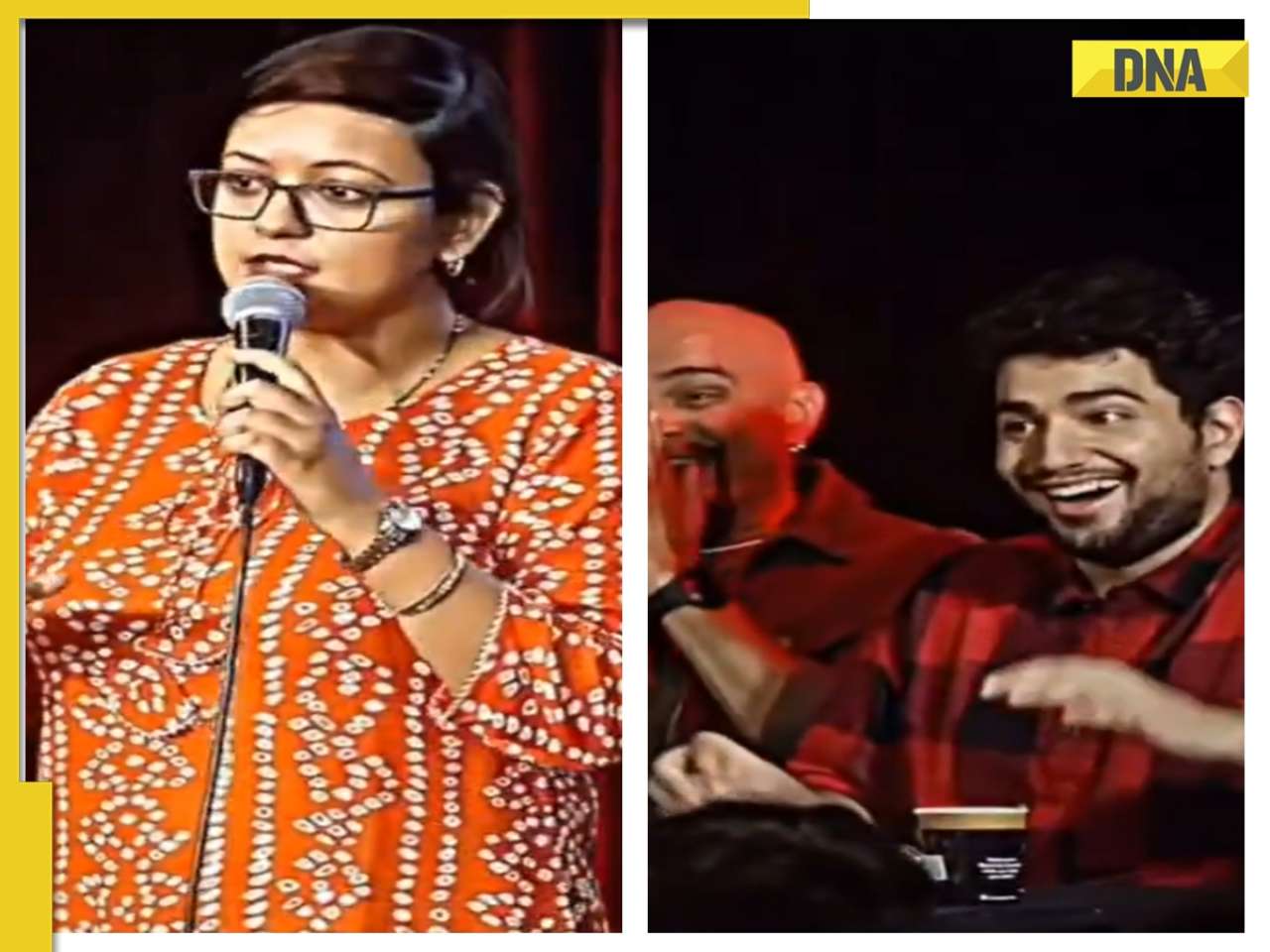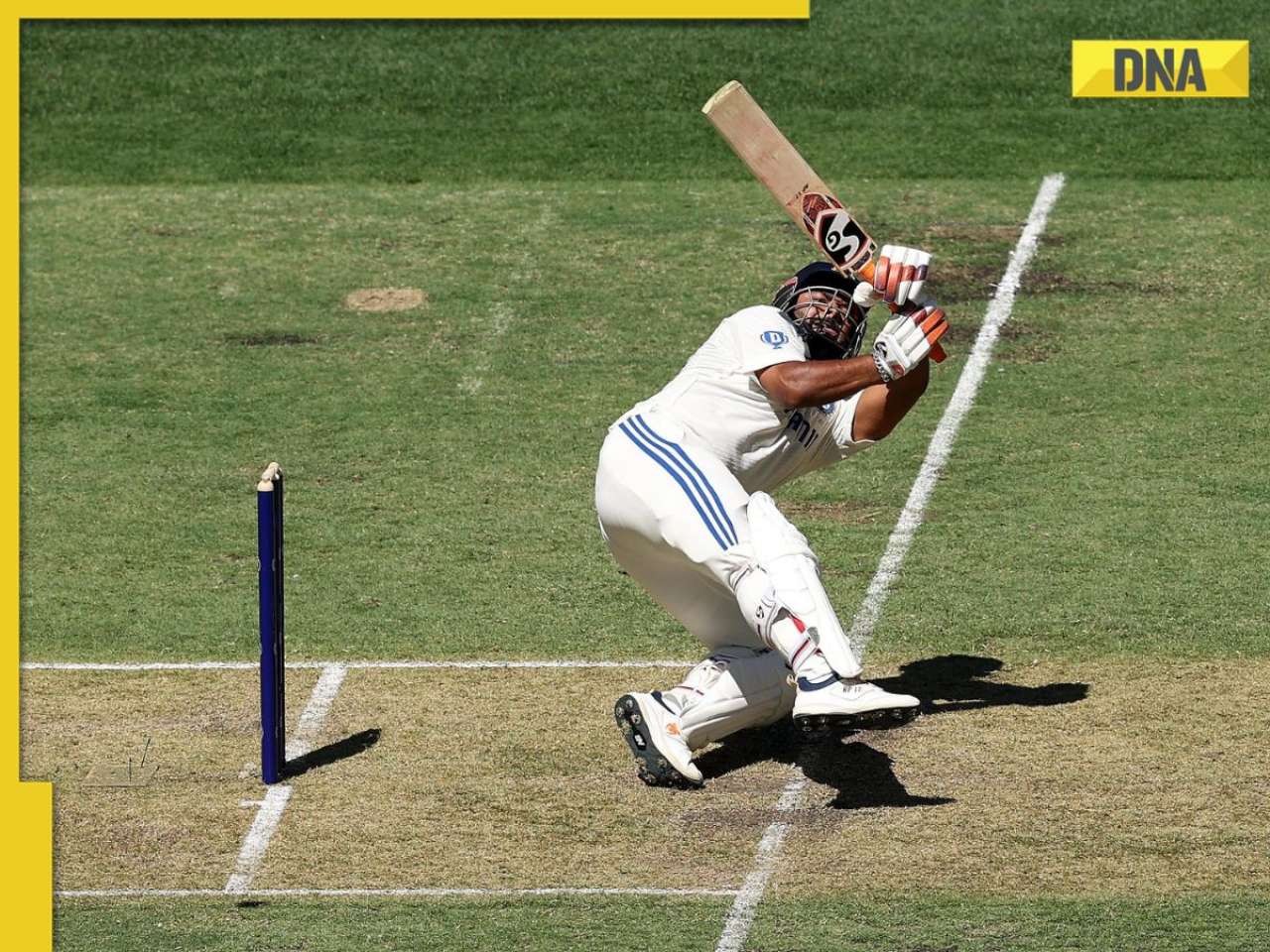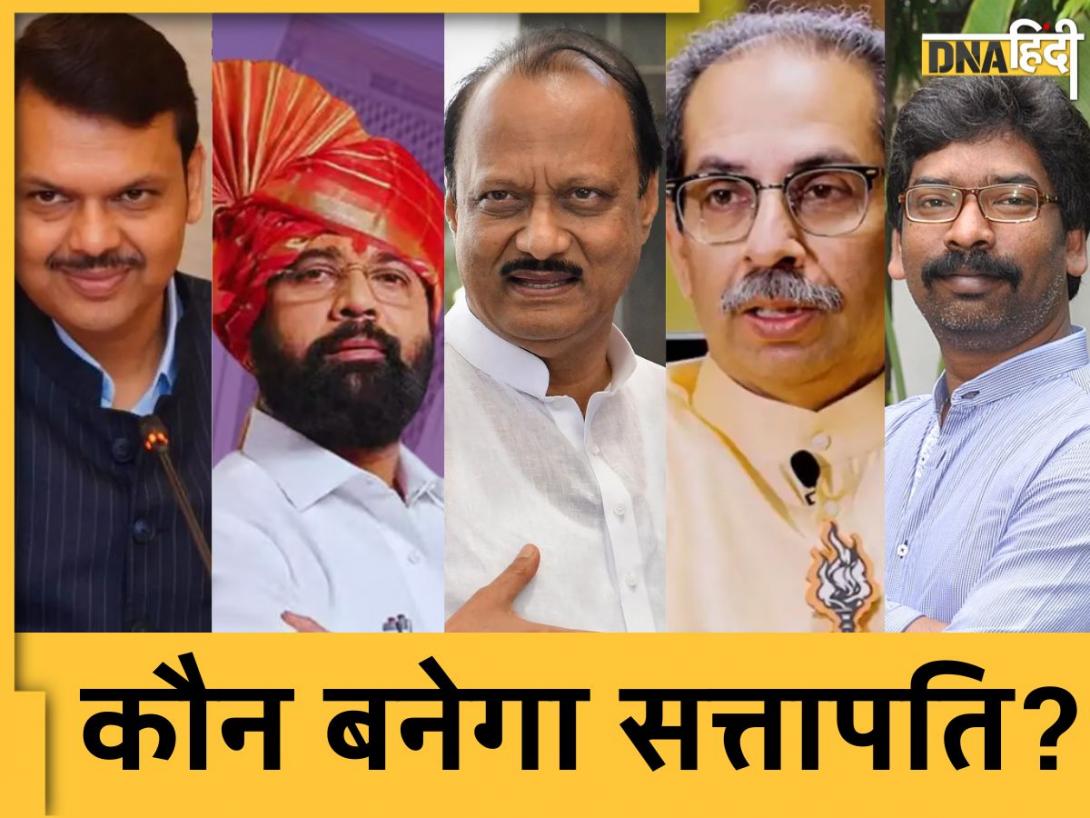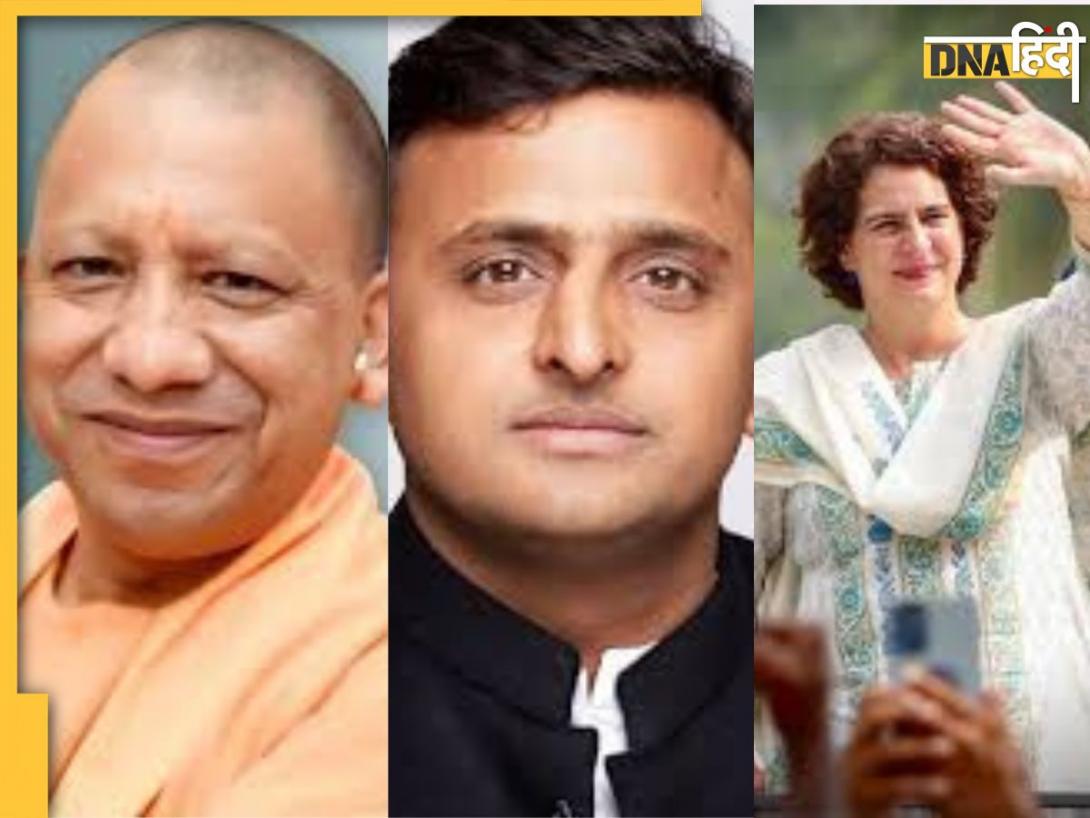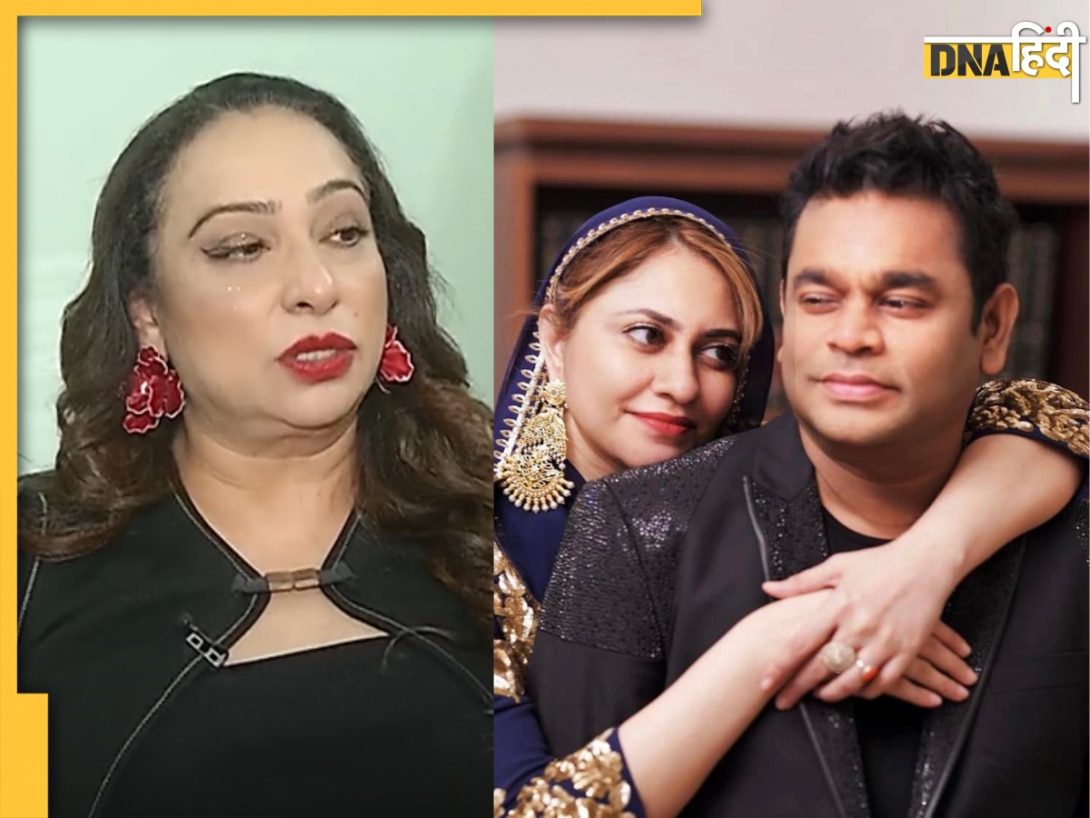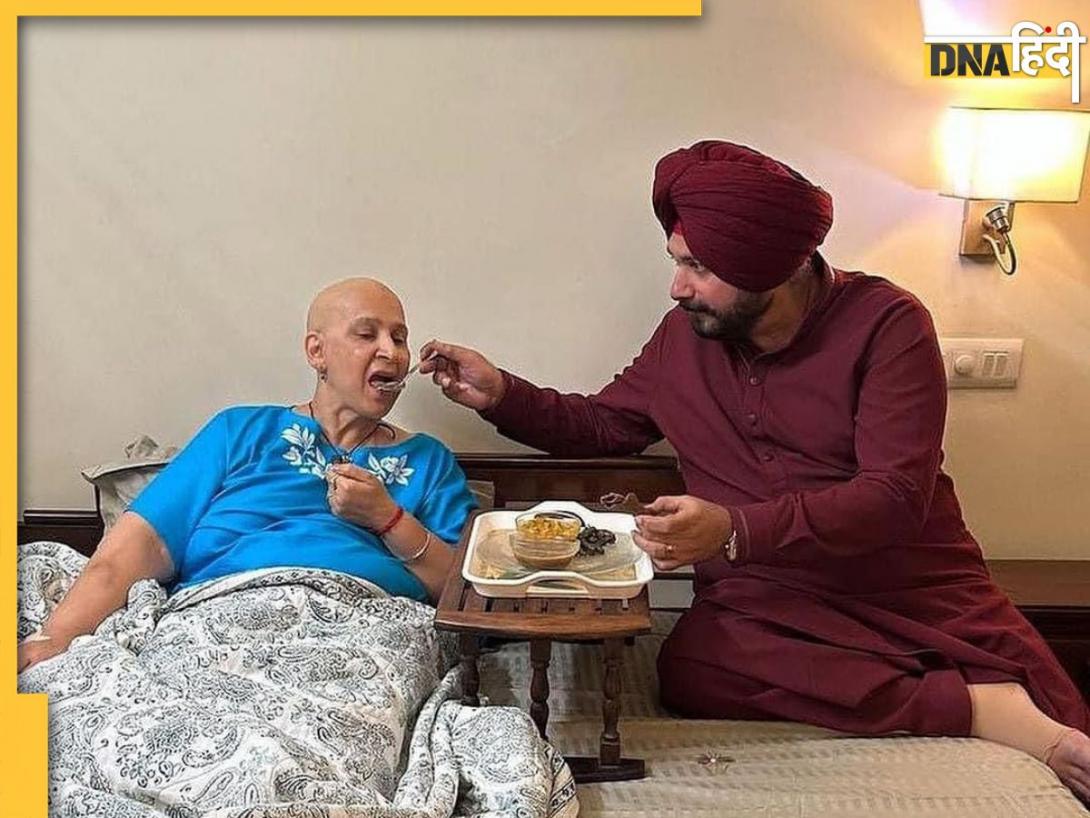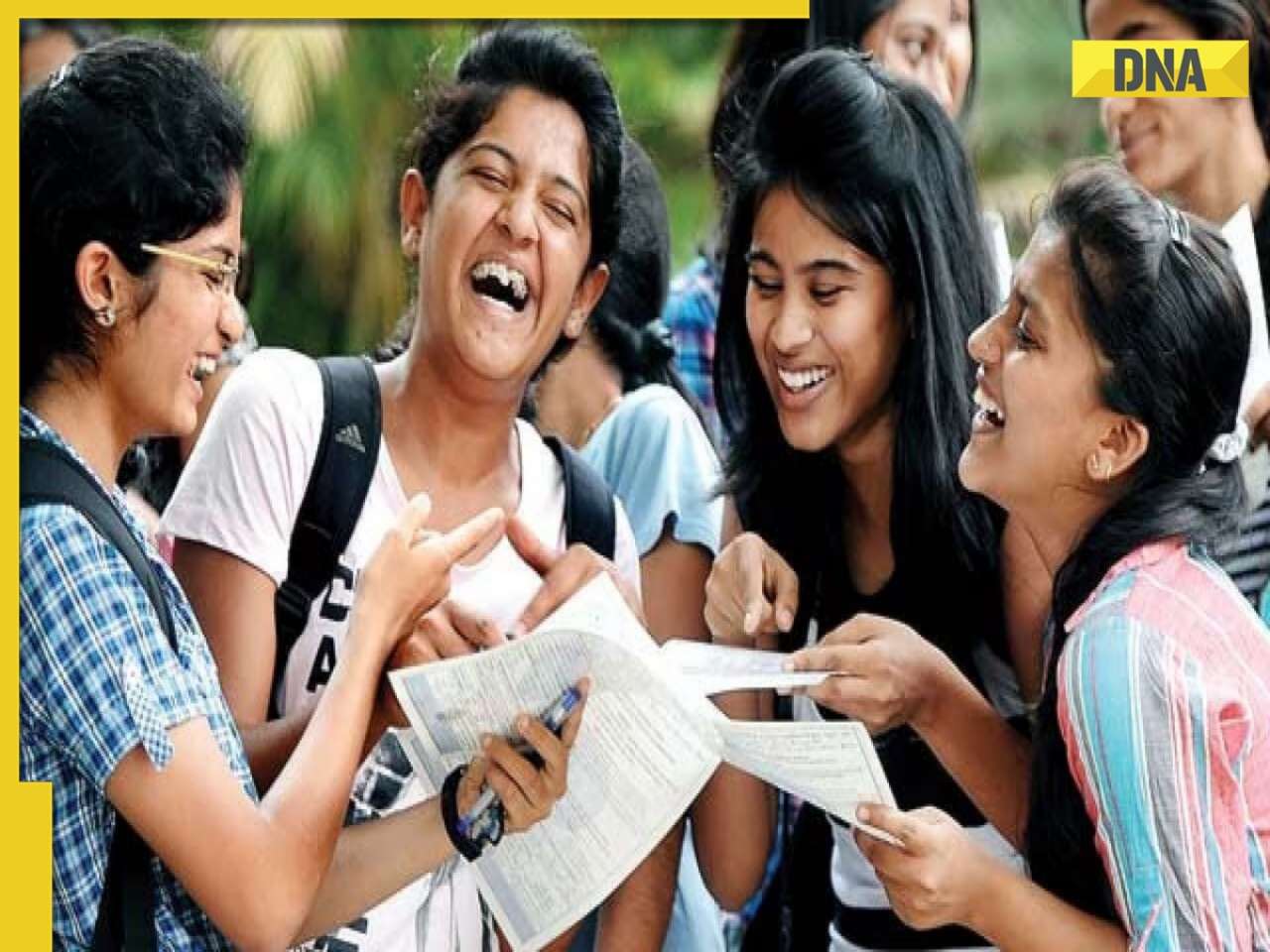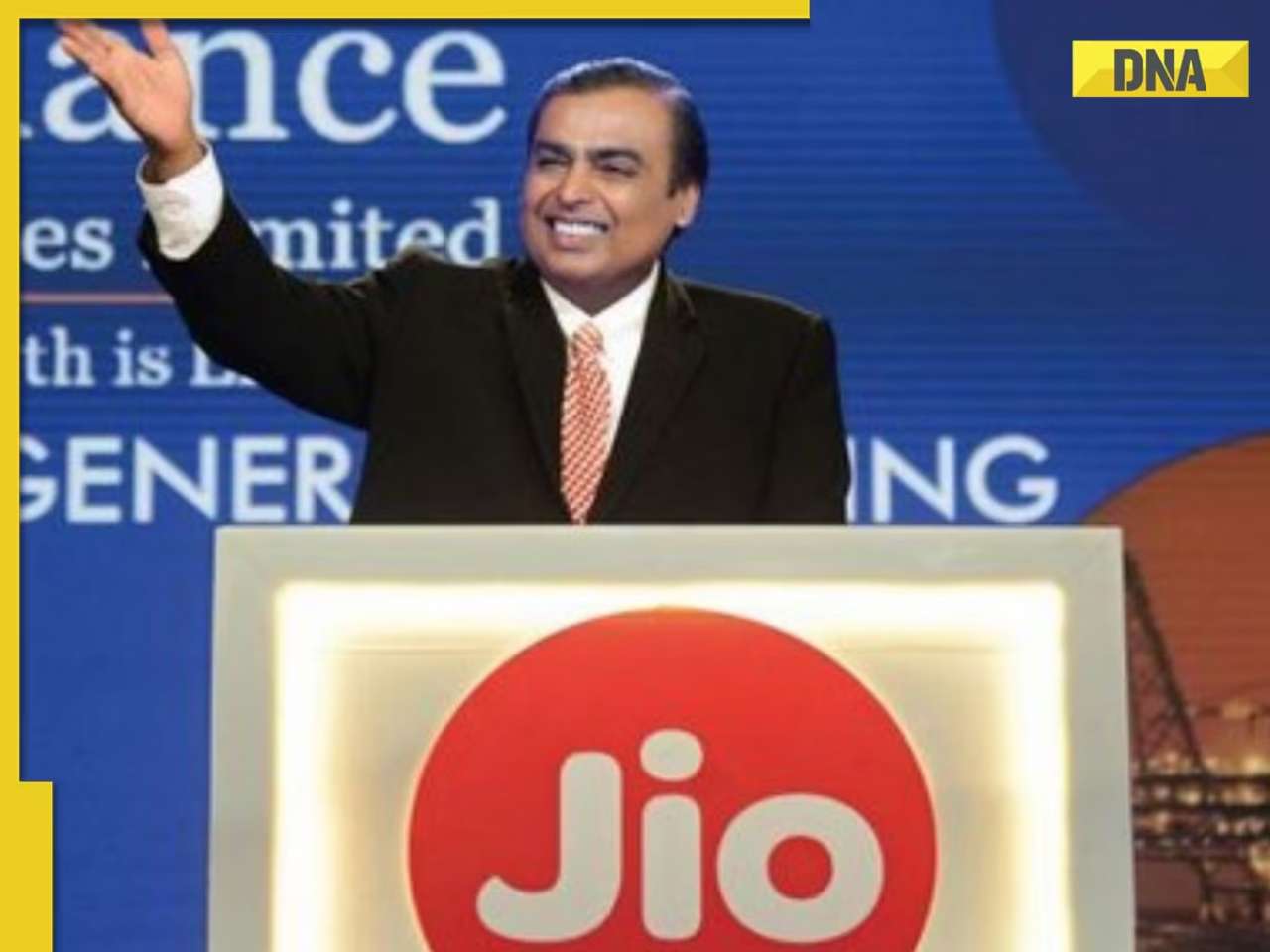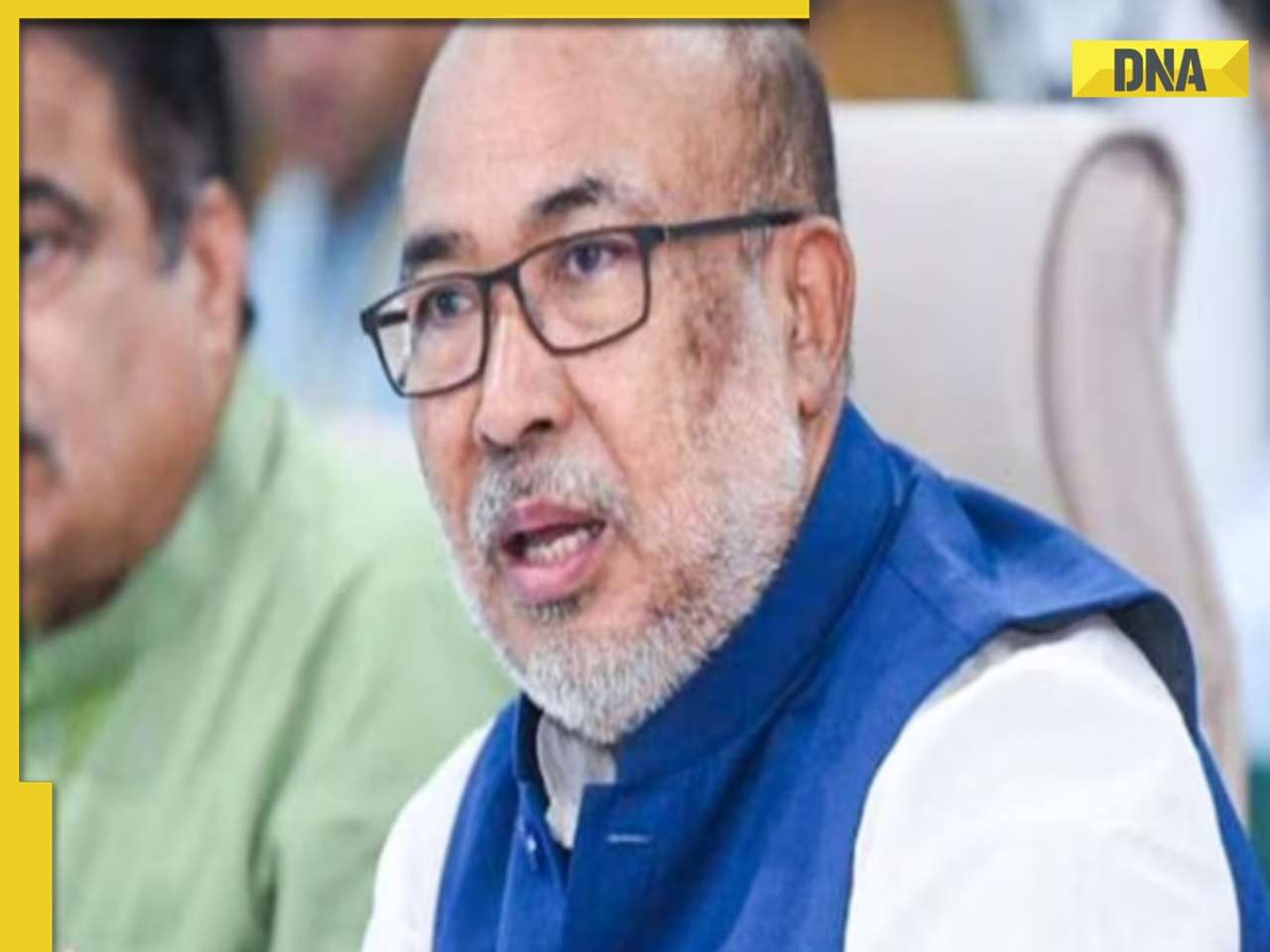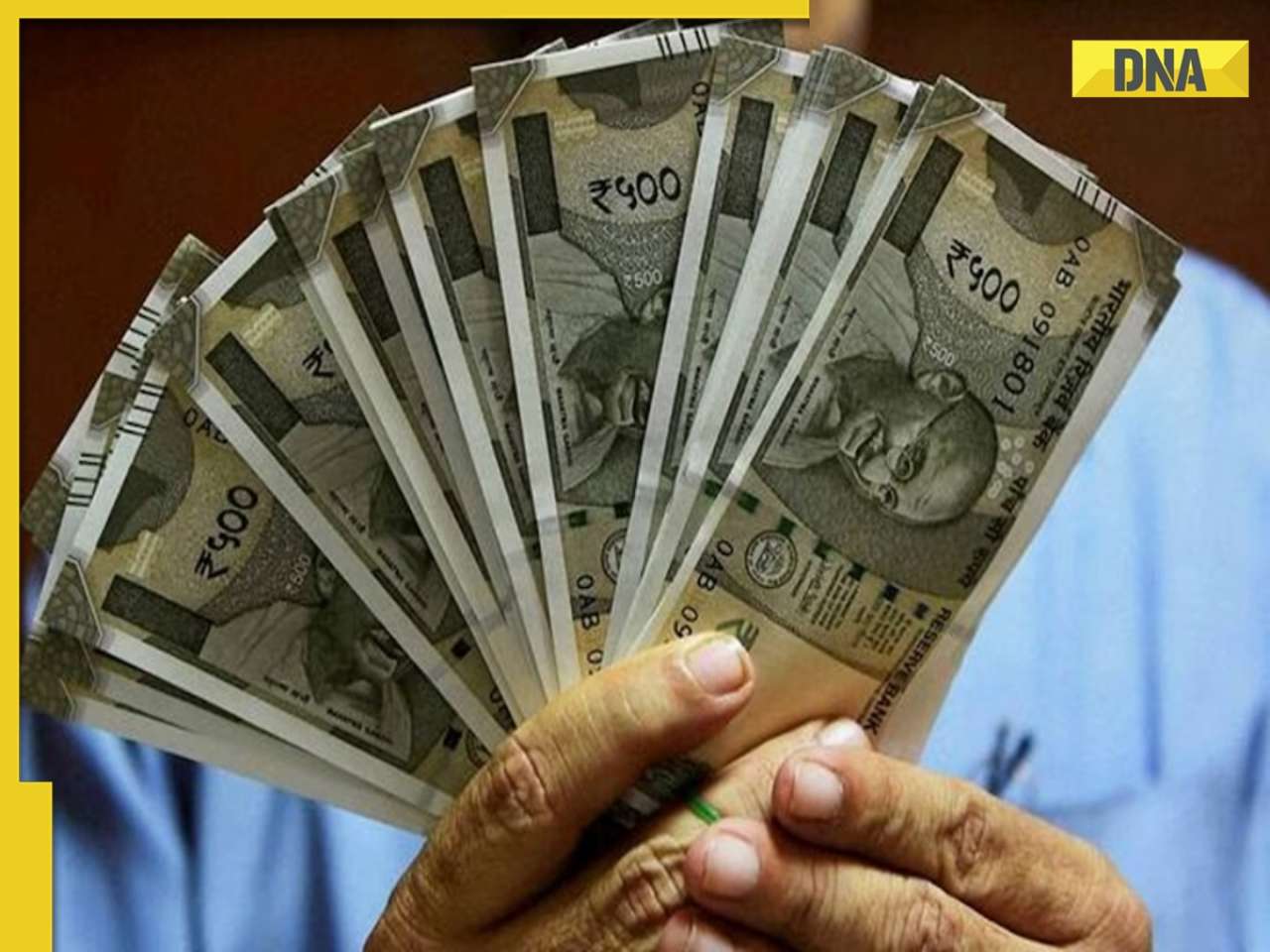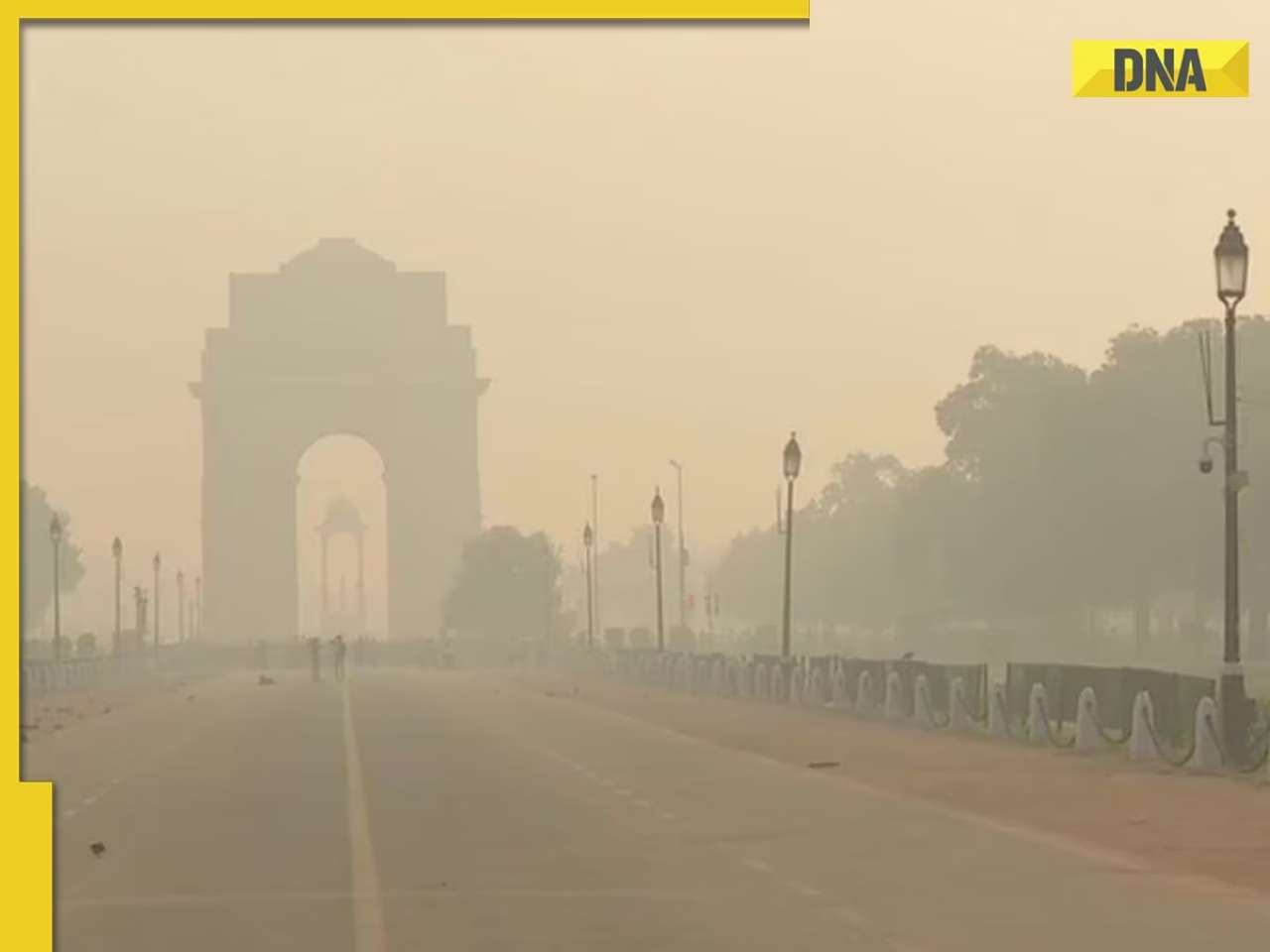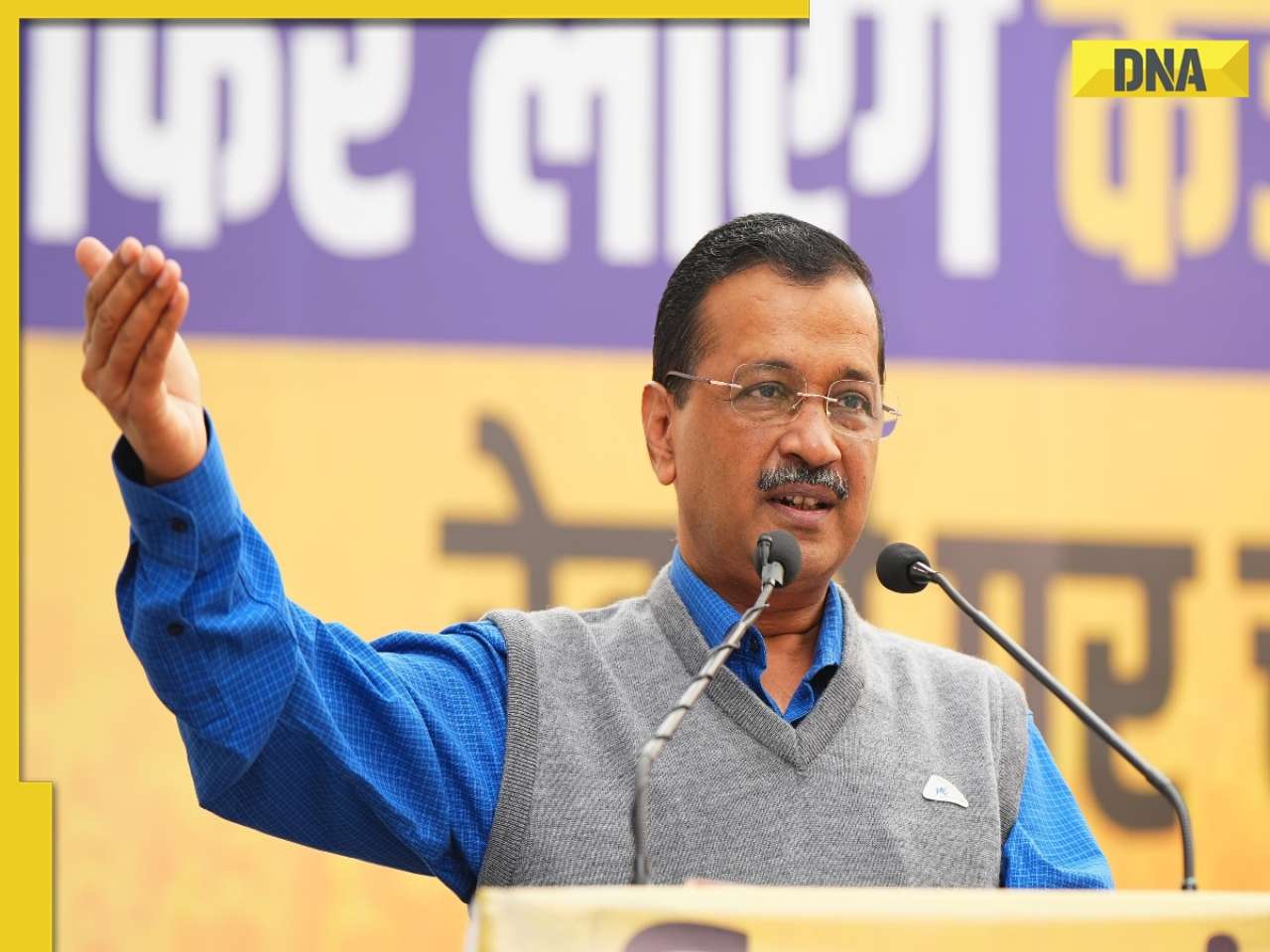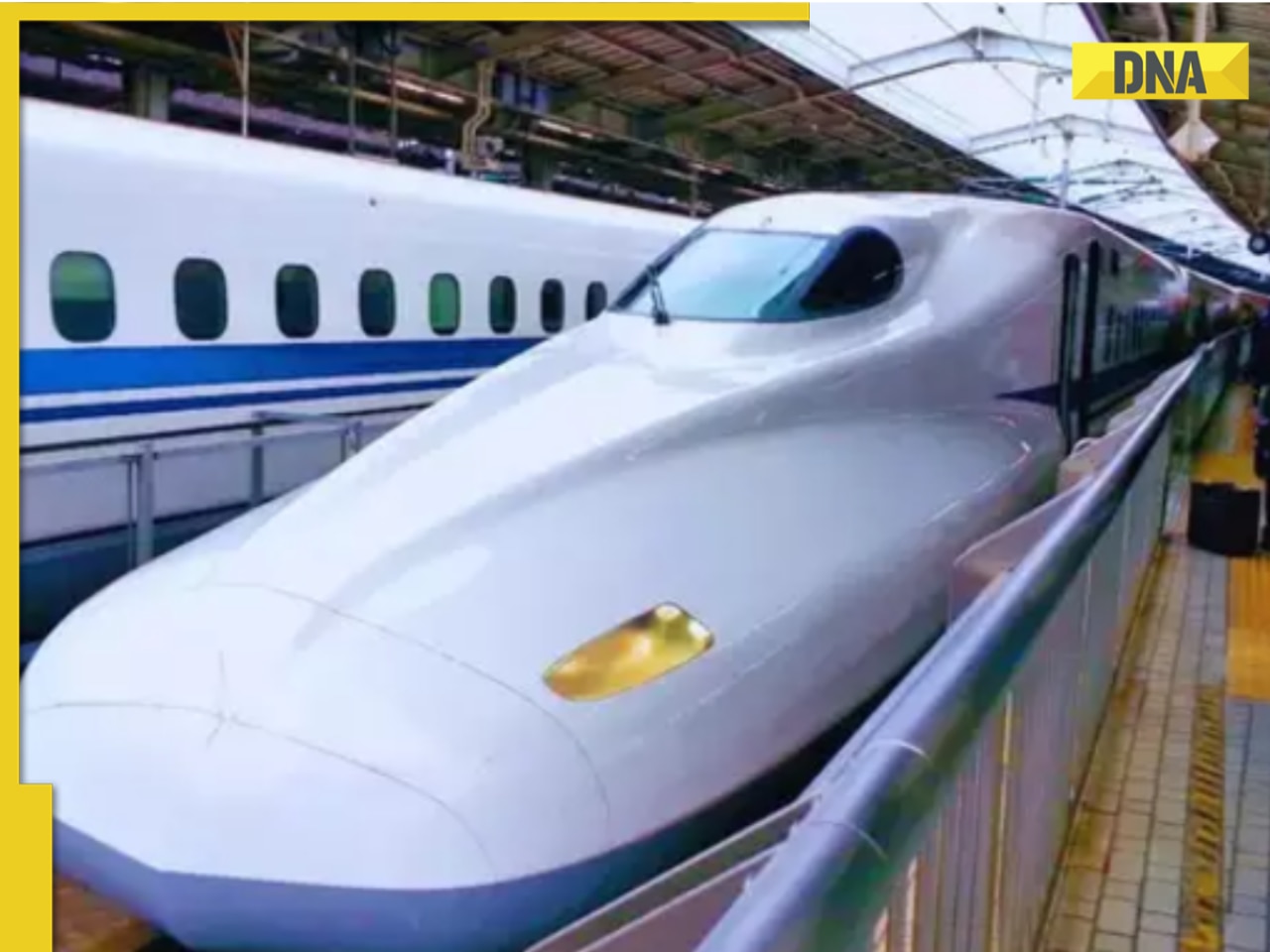- LATEST
- WEBSTORY
- TRENDING
LIFESTYLE
Second language first choice
A handful of adventurous literary aspirants are electing to express themselves in their mother tongue — for reasons creative, personal and political.
TRENDING NOW
Not every urban, convent-educated wannabe writer is sitting down to write the next big Indian novel in English. A handful of adventurous literary aspirants are electing to express themselves in their mother tongue — for reasons creative, personal and political.
A lot of us are good at two languages, or I’d say, bad in both,” observes noted Hindi novelist Geetanjali Shree, 53. For many urban Indians, the first language (the medium of instruction in schools) is English. At home, though, they speak an Indian language. They also consume abundant English entertainment.
And they formulate thoughts in translation. Overall, their linguistic identity is a khichdi. But then, that’s the bilingual condition.
If you are a writer who can write in English, the most convenient (at least from the money and glory point of view) choice is to write in English. That’s why we have a thriving, expanding bunch of Indian English writers not one of whose mother tongue (barring a few exceptions such as Ruskin Bond and I Allan Sealy) is English. On the other hand, the most well known writers in the Indian languages are not, typically, the convent-educated English-speaking types. Generally, they would have done their schooling in their mother tongue and grown strong literary roots in an Indian language before developing intimate relations with English.
But now, there is a growing breed of young writers who, despite having been to English medium schools, despite having grown up on all the usual English classics, are choosing to pen their stories and poems in their mother tongue. Is it a political choice? Is it a matter of sticking to a comfort zone? Or is it about finding a readership that English doesn’t care about?
It’s an ‘identity thing’
Noted Hindi writer Sara Rai, 53, cannot, even today, readily decide between Hindi and English. For her, it’s a choice to be made on a novel to novel basis. She penned four chapters of her latest novel Cheelwali Kothi (2010) in English, and some chapters in Hindi to see which worked better. But she finds it puzzling that those who are fluent in English should prefer to write in Hindi. “So far as I know, the readers who buy Hindi novels are not urban and not middle class,” she says. “Perhaps for some, writing in Hindi is an identity thing.”
Both Delhi-based Shree and Lucknow-based Rai come from Hindi-speaking, English-educated backgrounds. Hindi poetry evenings and mushairas were Shree’s cultural link to Hindi. Rai, who happens to be the great Munshi Premchand’s granddaughter, was obviously raised in a literary household. For them, choosing Hindi over English was not such an eye-brow-raising decision.
But it definitely was, for 26-year-old Aruni Kashyap, who writes in Assamese. Kashyap graduated in English from the mother of all elitist English institutions — Delhi’s St Stephen’s college. But in his case, his comfort with Assamese was established early on, both his parents being Assamese writers. “I am at this unique position where I can’t decide which language is closer to me,” says Kashyap, who writes regularly for Assamese journals.
The failure of IWE
It was Assamese literature, especially the works of Indira Goswami, Virendra Kumar Bhattacharya and Anuradha Sharma Pujari, that taught Kashyap to make sense of his world, a world that Indian writing in English knew little about. “I could relate to Toni Morrison and Faulkner who were writing about rural America. But none of the Indian writers in English could capture what was important to me — the world of my grandmother, and the farmers I knew,” he says.
Inability to identify with a West-facing Indian Writing in English (IWE) and contemporary Marathi also pushed Marathi literary critic and experimental poet Manoj Joshi, 38, to write in a language that was ‘his’ — a hybrid of Marathi, English, Hindi, and Gujarati. It was a language that, in his words, reflective of “the way I speak, the way I experience, and the way I express.” You see it in his poetry collection, Jyam Maja (2006).
Rahul Sarwate, 30, a Pune-based researcher who holds an M Phil in Sociology from the Delhi School of Economics, would agree with Joshi’s approach, though he may not be able to follow it himself. In a city like Mumbai, where a person traverses different cultural landscapes and registers, “you face an existential question about expression,” he says.
Sarwate, who used to write for the Marathi magazine Sausthav, grew up reading Kafka, Camus and Sartre, first in Marathi and then in English. “The world makes sense to me through concepts I learnt from Western philosophy. So when I try to write an academic text in Marathi that borrows heavily from Western philosophers of the mid-’60s, like Foucault and Derrida, I am not sure the reader will understand.”
Ideological linguism
Things are less ambiguous in the case of young writers in Tamil Nadu, which has a strong history of identity politics centred on language. For Chennai-based Kavitha Muralidharan, 32, a journalist with The Week magazine, and a regular contributor to the Tamil magazine Kalachuvadu, Tamil is her “emotional language.” Thanks to the poetry of Bharatiar she encountered at age 10, despite a BA in English literature and an MA in political science, she finds it impossible to write poetry in a language other than Tamil. As Shree puts it, “When you sit down to write, the intuitive mother tongue, various tonalities of which have gone into your being over years, always comes back. And literature, at the end of the day, is all about reading into your intuition.”
Of course, since the language determines the audience, the choice to write in one’s mother tongue — whether the writer intends it that way or not — always has a political dimension. “The stories I write in Assamese are read by people without concrete houses. They know exactly what I am talking about. I share a greater affinity with Assamese because I get a lot of responses for what I write in this language,” says Kashyap. So even though a lot of his writing is still in English, — “it’s an unconscious literary choice,” he admits — he still makes it a point to write at least two stories a week in Assamese.
For Chennai-based Bharatnatyam dancer and sexual minority rights activist Aniruddhan Vasudevan, 28, the choice was totally political. It was a homophobic Kamal Haasan-starrer that drove him to write in Tamil — he was determined to push a discourse on LGBT rights into a language that talked very little of it. “Many people who read my stories come from small-town Tamil Nadu. It’s great to get a whole new readership, and explore a new vocabulary. It’s a challenge to fully inhabit a language” he says. Though Vasudevan is aware that few of his generation and background would read what he writes in Tamil, except perhaps his friends, he is unfazed.
Bilingualism has been with us for a long time. That in itself is not new. What is new in the Indian literary landscape, as Shree sums up, is “a new ideological linguism.” And if it enriches the various Indian languages that have for long been treated as second cousins to English, all the better.
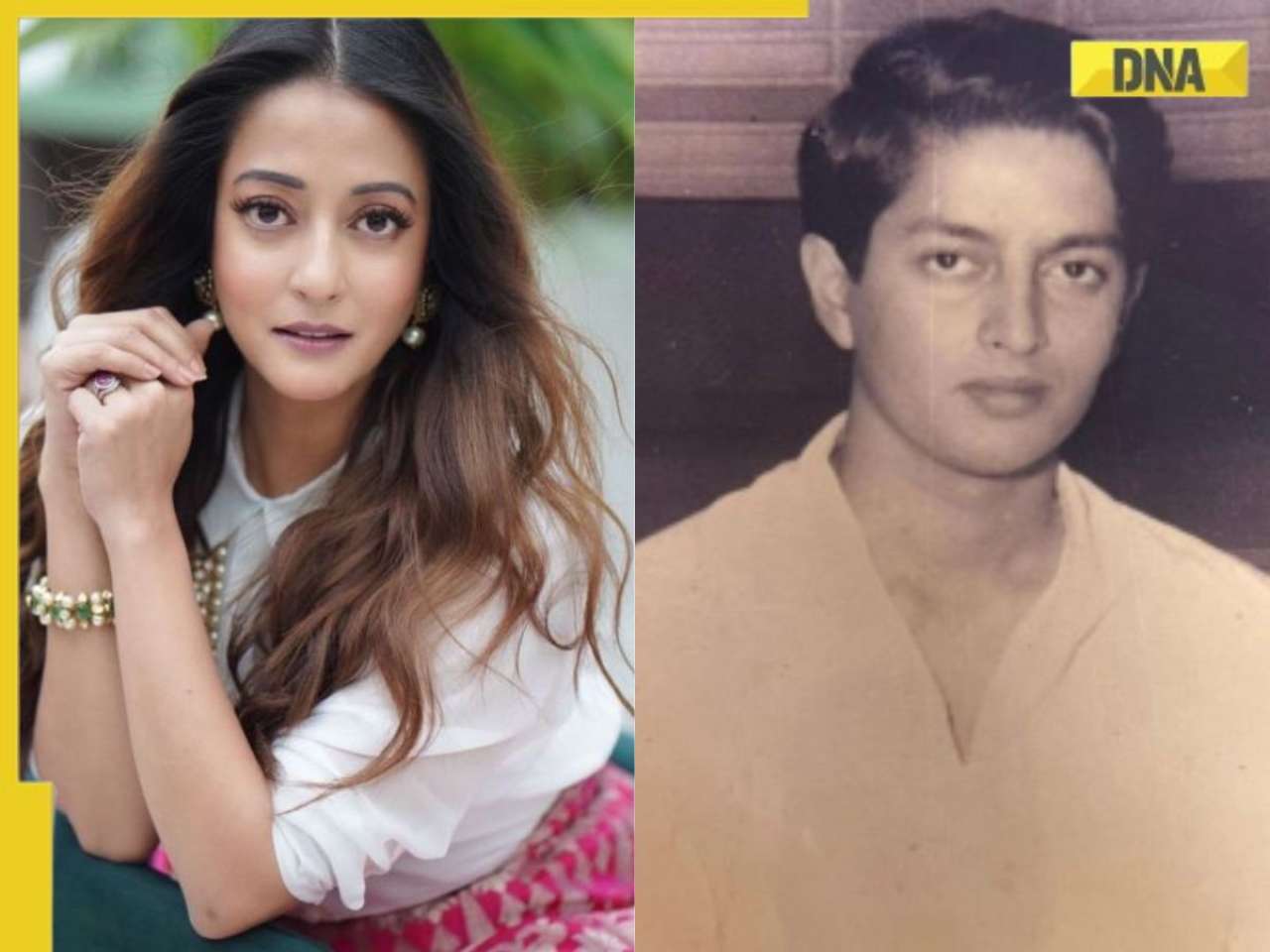
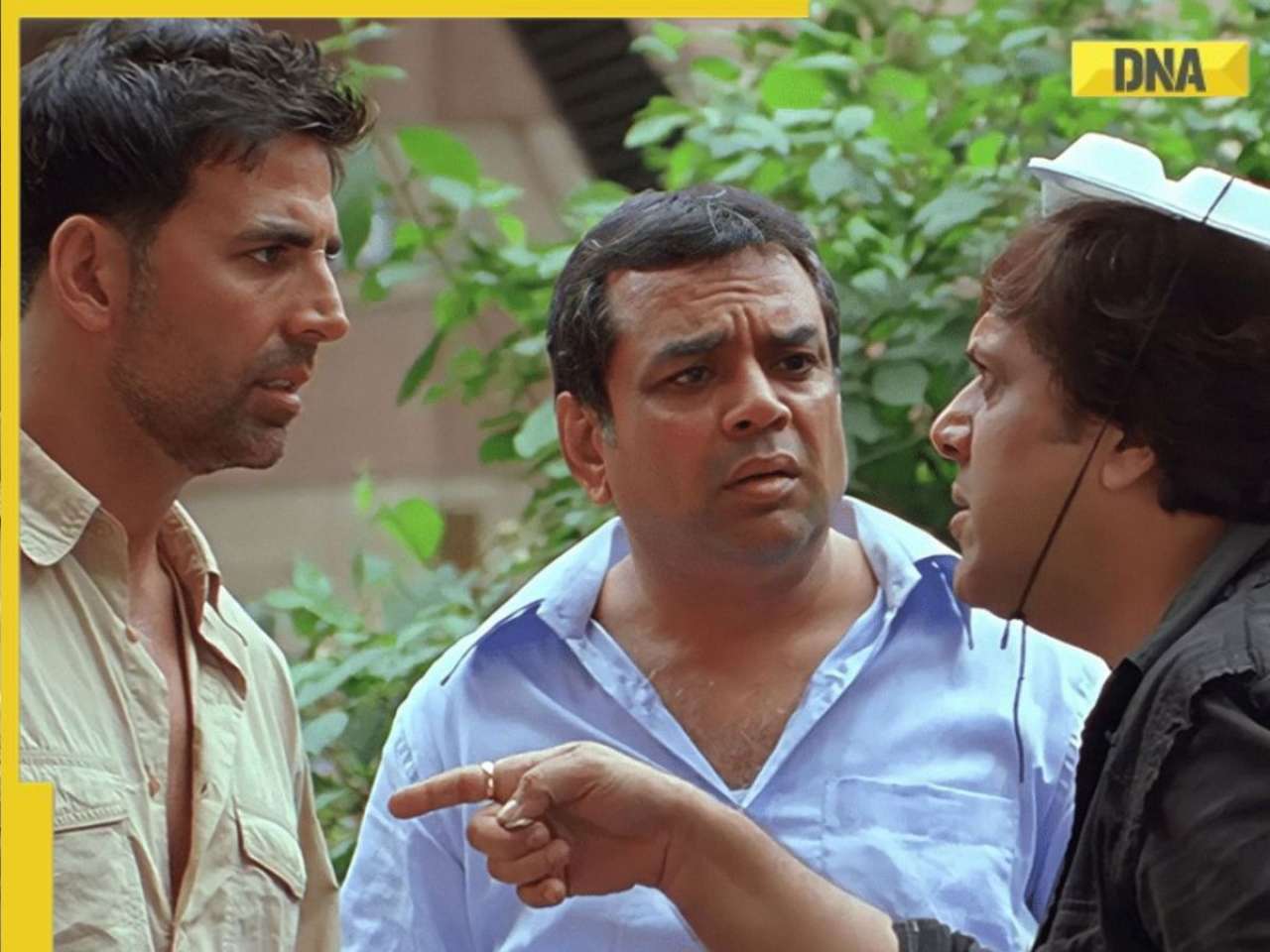






)
)
)
)
)
)
)
)
)
)
)
)
)
)
)







